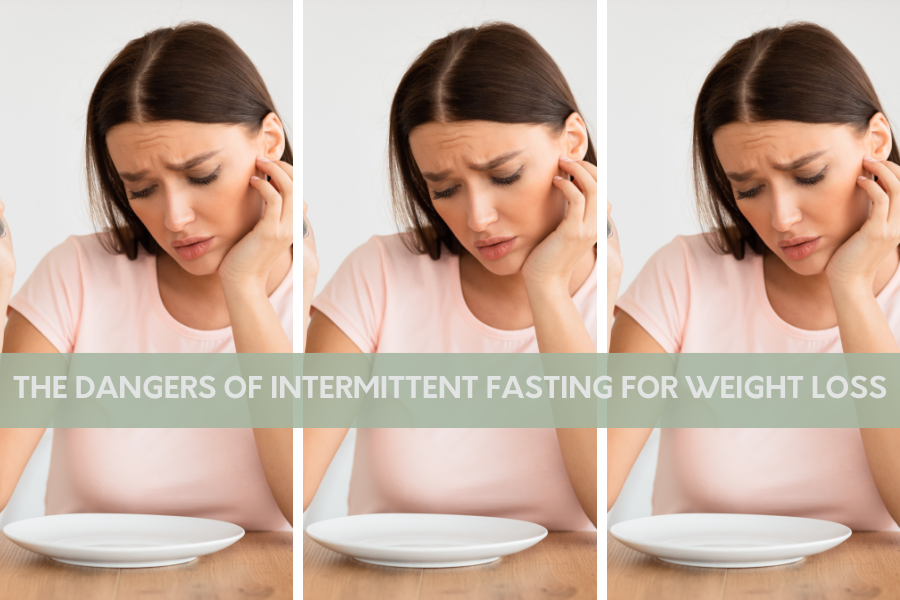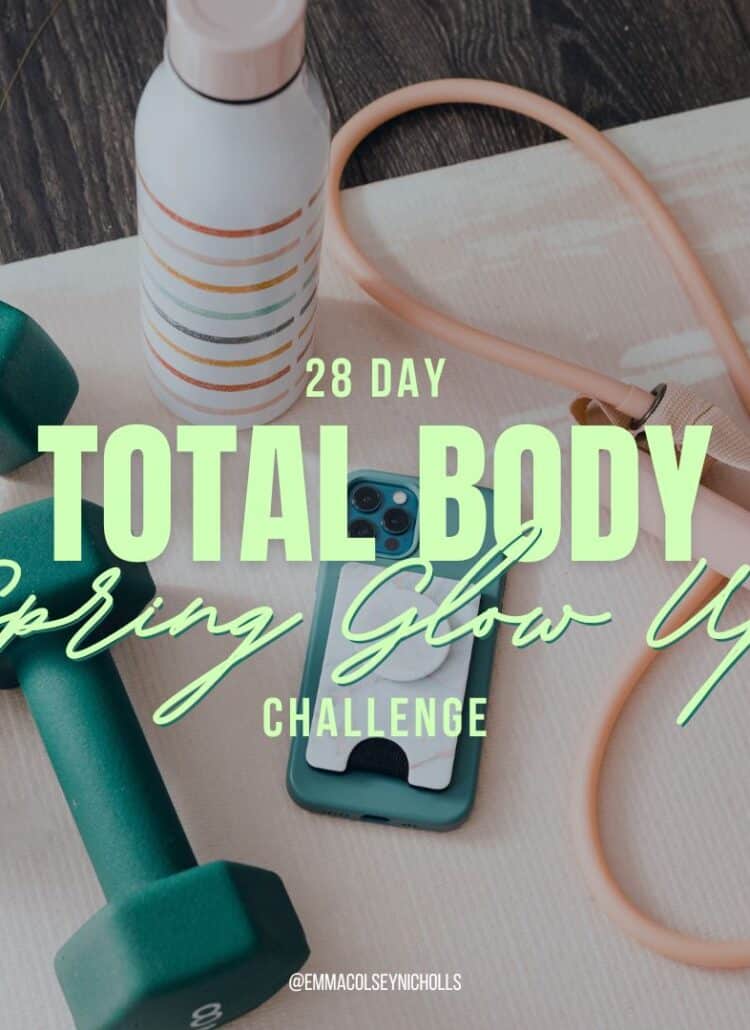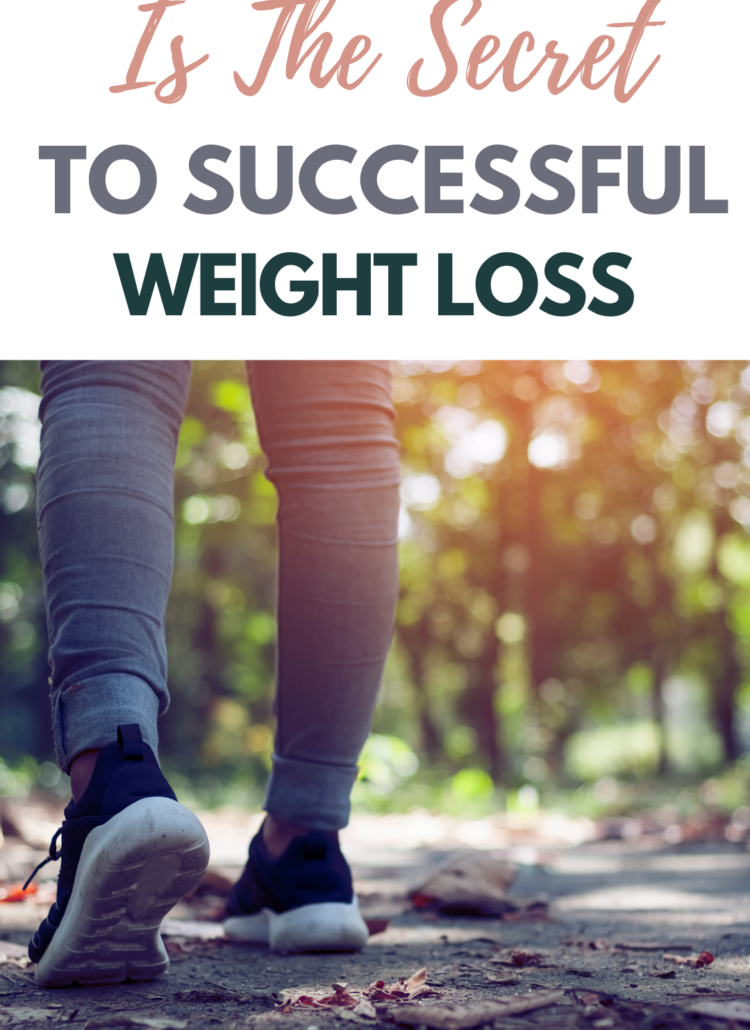
For many years Intermittent Fasting (IF) became the go-to diet for many people seeking weight loss, and I was one of them. IF is reducing the time frame in which you eat, or even going for whole days without food. So it’s focused more on when you eat, rather than just what you eat.
Popular methods include the 5:2 diet where you eat for 5 days of the week and for 2 days you fast. Or my personal favourite was the 16|8. This is where you would fast for 16 hours (usually overnight) and then fit all of your eating into an 8-hour window in the day.
I ate like this for some time, and I did manage to maintain my body weight quite well, right up until the point when I couldn’t anymore. I also took a really long time to get pregnant with my second child, and now looking back I do wonder if my dieting practices from back then could have anything to do with it. That is of course completely anecdotal and not based on any science at all.
There has been a fair amount of research dedicated to this style of eating and it seemed for a long time that it was indeed a really effective way to be able to lose weight and improve overall health. Specifically with studies looking into brain health and for people with metabolic diseases.
In my personal experience, I enjoyed skipping breakfast and now to this day, I am not a big breakfast person. Morning is the time of the day, that as a parent I’m usually rushing around getting everyone sorted and up and out of the house. Not having to worry about making my own breakfast gave me one less thing to actually worry about.
I also found that I generally wouldn’t feel hungry either. I could easily get to lunchtime and have that as my first meal of the day and it just worked for me. But like I say…right up until the point where it didn’t.
Increasing stress levels and advancing in age I would get to my mid-day breaking the fast, I would start eating and then literally couldn’t stop. I was making up for the missed breakfast, and then some!
And here is where the problem lies.
We Are Not All The Same
Just this week I was reading an article from another author and he was calling out some of the BS tactics and advice that gets spread around. Bravo I commented, we need more straight talking in this industry.
He then went on to tell me that as humans we are 98% identical and that ‘nutrition is a one size fits all approach’. That we should all eat the same and the world would be cured of obesity. With that one way he swears by is to eat a carnivore/ketogenic diet. Whilst I respect the opinion of others and am open to discussion I feel I profoundly disagree with this.
The first thing I want to bring up, is that men and women are physiologically and hormonally VERY different.
Men have a pretty static hormone balance their entire adult life and experience a small drop in testosterone as they age. It’s for this reason that much of the exercise and nutrition science across the years has been done on men. Because a woman’s physiology and their changing hormones were deemed too complex and would skew the results.
Women’s hormones undulate and fluctuate in a cycle every month. Not to mention the dramatic changes that start to occur as a woman reaches menopause.
In fact from 2014 until 2020, only 6% of studies were done on just women. 6 freaking percent!!!!
Before that, it was even lower. Women have been massively understudied in comparison to men. We are still at the beginning stages of truly understanding the science of the implications of exercise and nutrition variability when it relates to women in different phases of their cycle and their lives.
So I claim my argument that we are not all the same, and women do indeed need a different approach.
A male college-aged student is going to need different nutrition, exercise and lifestyle recommendations than a woman that is approaching menopause and is severely stressed and time-poor.
So please tell me again how we are all the same.
Now more studies are beginning to include and indeed focus on women, taking the changes in hormones and our unique physiology into consideration. It’s beginning to come to light that Intermittent Fasting may not only be not as effective for women, but can actually be quite damaging.
What The Latest Research Says About Fasting
In 2021 a study in The New England Journal Of Medicine concluded that there was no difference between traditional calorie restriction and IF.
This is in agreement with a 2014 study that looked specifically at fasted cardio in young women. The study concluded that while both groups lost weight and body fat there was no difference between the fasted and non-fasted groups.
When it comes to weight loss, is it even about fasting, or is it simply down to calorie restriction?
Many would argue it’s the latter.
The Dangers For Women
We still don’t know the impact that IF can have on women. For the simple fact that there is a serious lack of controlled studies that have been carried out on women.
An article comparing IF for men versus women highlights, that through our evolution there will have been times of famine and fasting. But back then, this will have primed men to head out to hunt, forage and find food for the rest of the tribe. This would give an explanation for why men seem to experience a surge in metabolism during times of fasting. They are designed to go out and hunt, they experience increases in testosterone and growth hormone to help them achieve that.
Whereas the women would need to conserve and preserve energy. This means slowing down metabolism and conserving fat in order to survive. The exact opposite of what most women on a weight loss journey are working to achieve.
So whilst it’s an area that more research is required. Some research has suggested that:
- Fasting may impair a woman’s blood sugar response
- Fasting may cause an increased stress response in women. This is important as women are already more stress reactive than men, especially as we get older.
- Fasting may negatively impact fertility by inhibiting ovulation.
Conclusion
The truth is, there is still we don’t know for sure about the impact fasting can have on women and their complex hormone systems, there is still a lot of work to do in this area. And so maybe it’s time we stopped touting IF as the weight loss miracle some people propose it to be and look at the individual.
I have heard from women who have had great success with fasting which leads me fully back to my previous point in that, we are all so very different and what can work for one person, it can be a disaster for another.
So take all of the information that you absorb and remember that you are the one that has to become the expert of YOU.
Steer away from extreme dieting practices, or the latest buzz in health and fitness. Step away from the noise and the generic recommendations you read in an article and instead learn more about yourself. Really tune in and listen to your own body.
You are individual and unique. Track how you feel, explore and question what works for you. Be open-minded but also be open to noticing how your body reacts to any changes that you make.
Confused about which diet may be right for you?? You are not alone! Get started in discovering your best diet by joining the 5 day Better Body Kickstart plan and start discovering a happier and healthier you from the outside in. Click the image below to join today.





Leave a Reply